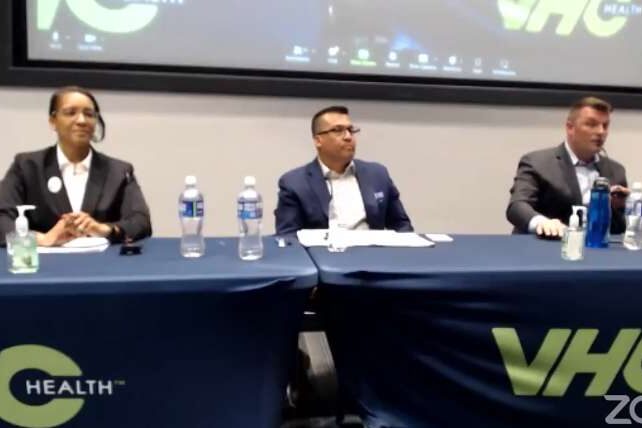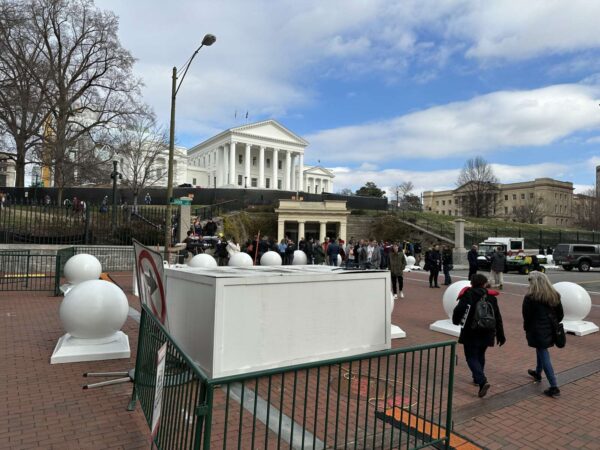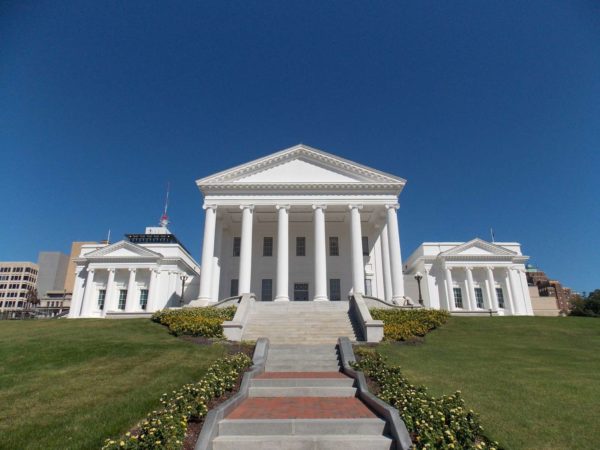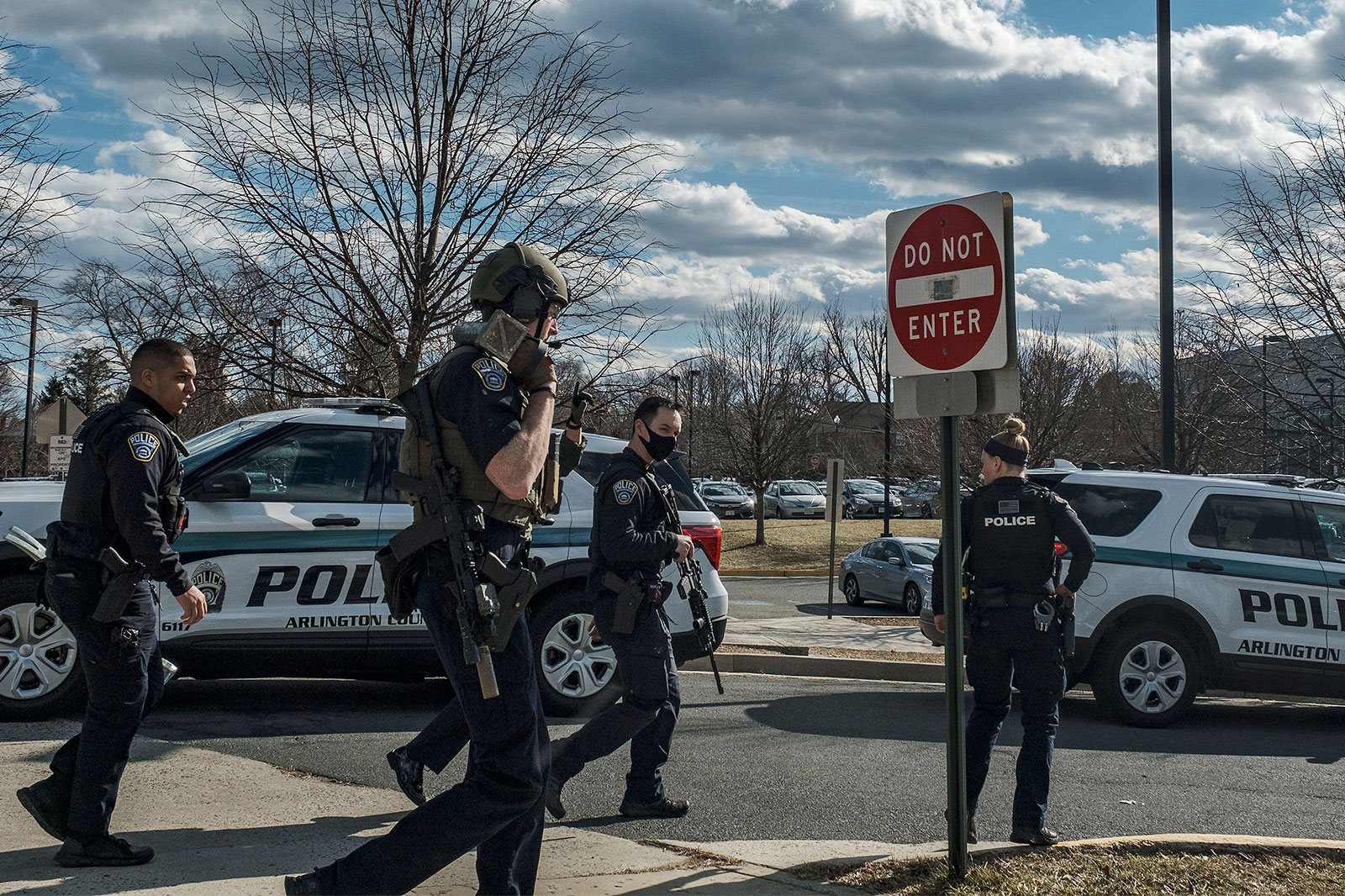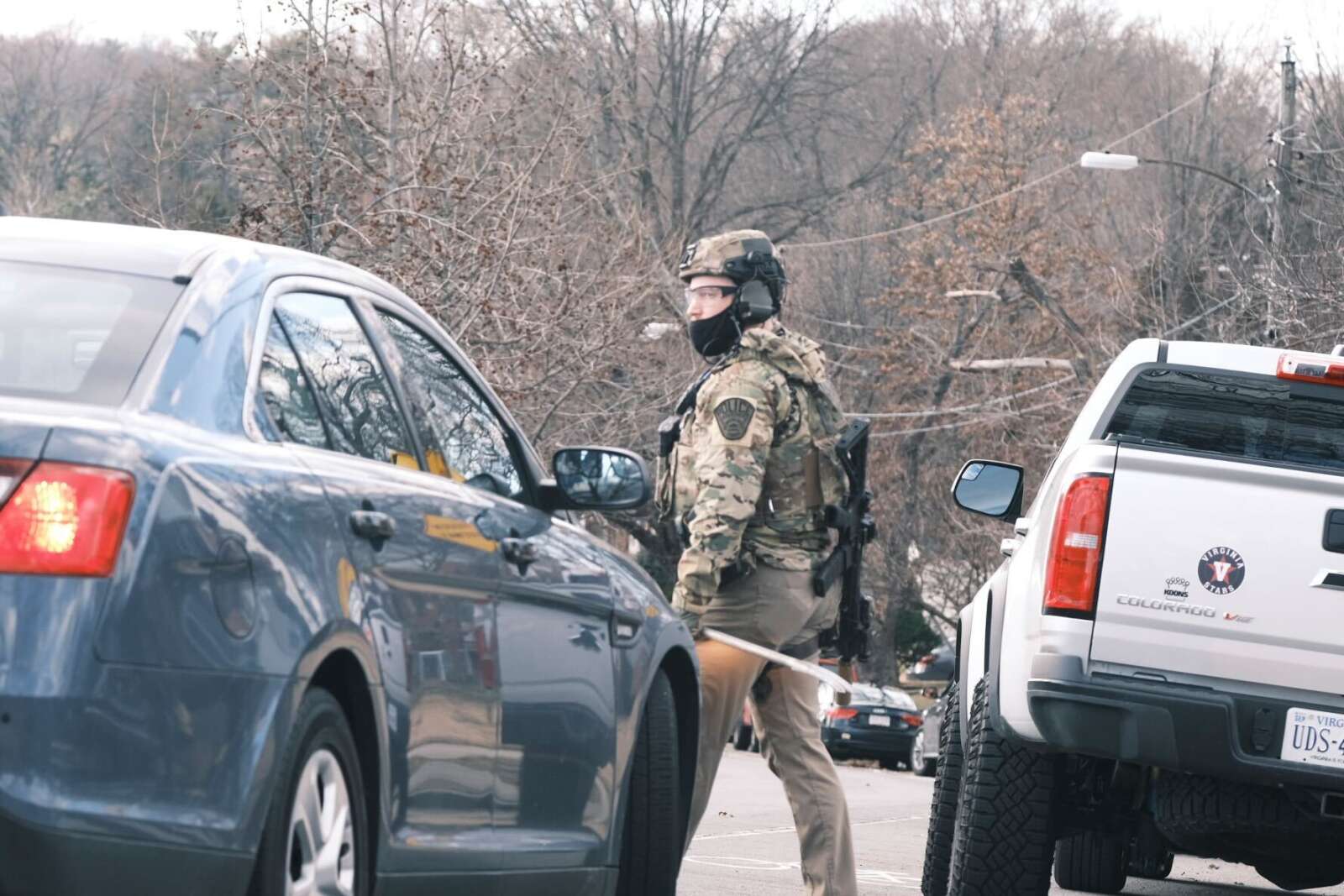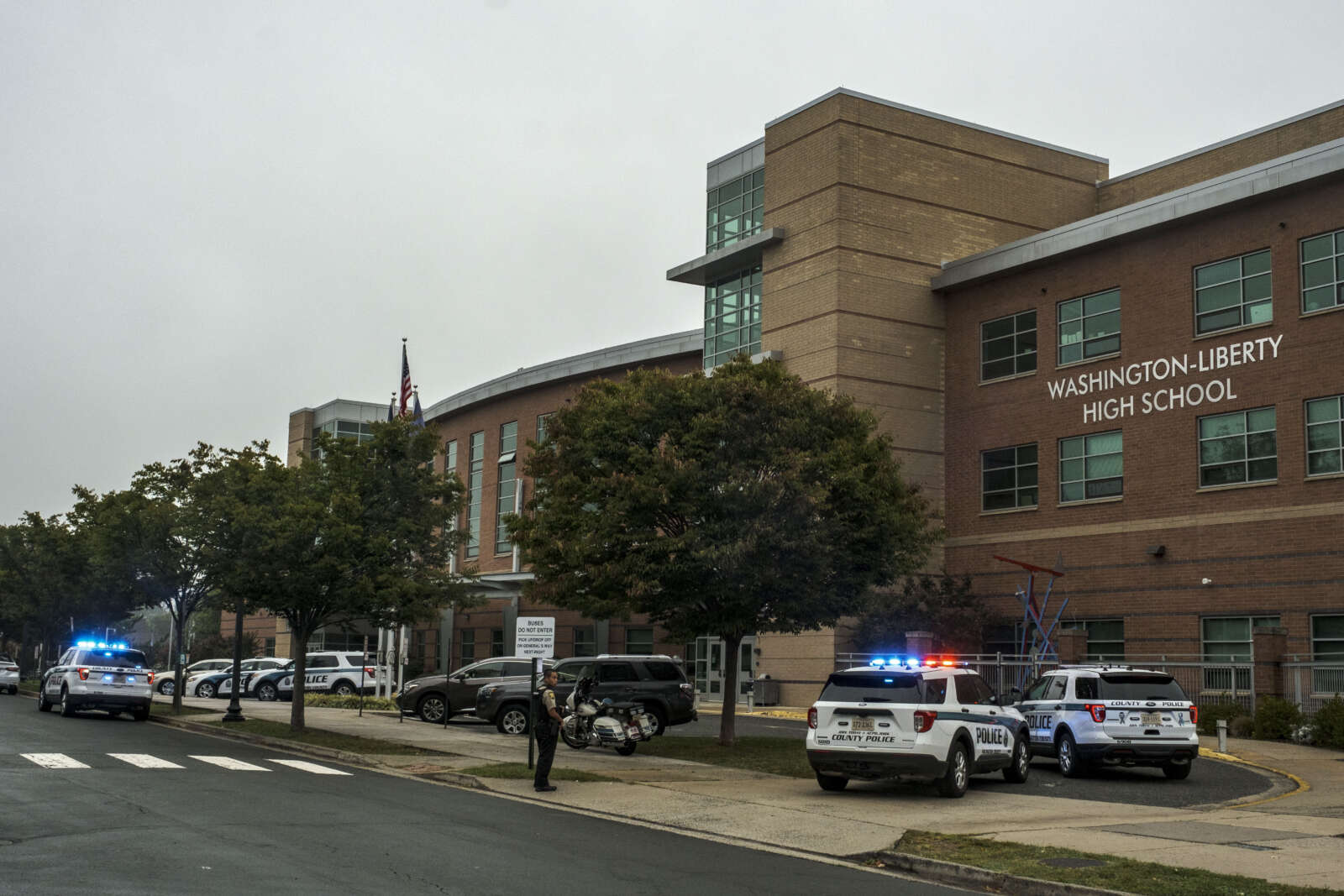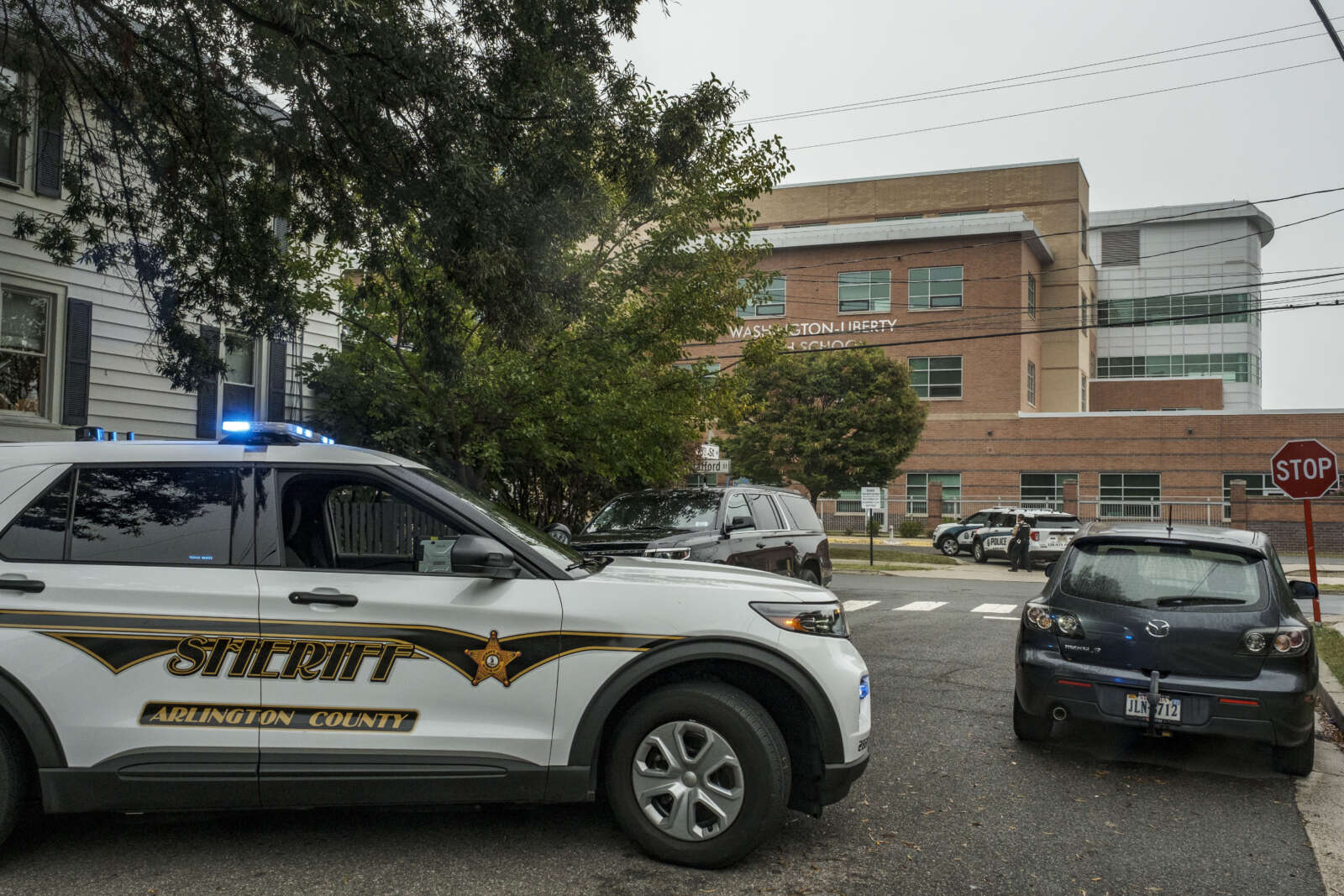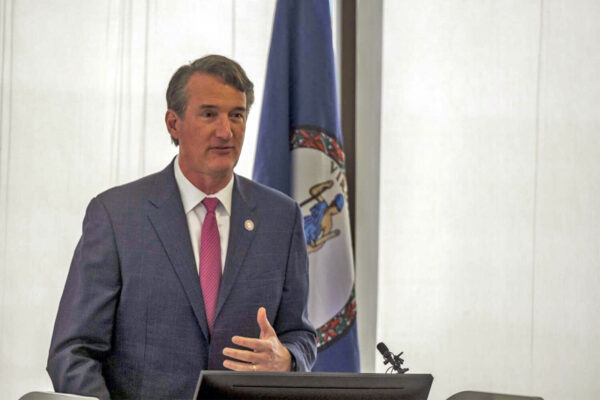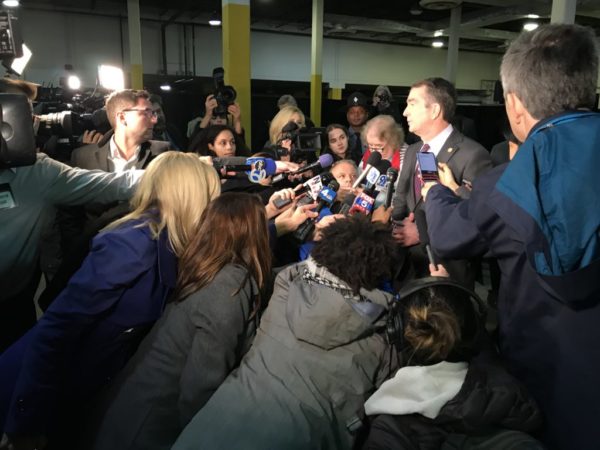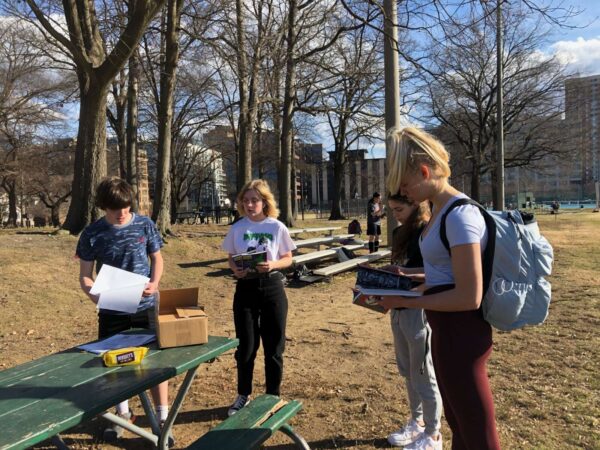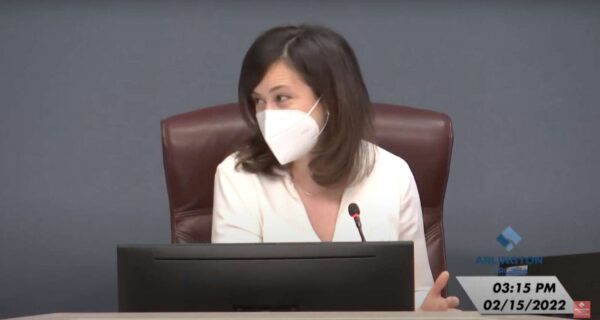(Updated at 11:30 a.m.) Earlier this month, Virginia House of Delegates 2nd District candidate Kevin Saucedo-Broach dropped out of the race to take care of a family member.
But when he announced this decision, he said a recurring conversation on the campaign trail will stick with him and inform his advocacy going forward. The topic was mental health.
“The more I talked to people across Arlington, the more sure I became that Virginia’s mental health crisis is traumatizing people from all walks of life and that those people were absolutely desperate for our government to do something serious about it,” he said.
These reflections, posted on Twitter, come as Arlington County is trying to fill in gaps in Virginia’s patchwork approach to mental health care — precipitated by the closure of state psychiatric beds during the pandemic — with community-based services.
This week, it celebrated the newly renovated Crisis Intervention Center, where people in a mental health crisis can go to receive services — away from hospitals and law enforcement, who are typically on the front lines of this issue.
Now that Saucedo-Broach is out, Adele McClure, who announced her bid more than a year ago, is running unopposed in the Democratic primary this June. An early opponent, Nicole Merlene, also dropped out.
Then, McClure will run in the November general election. There is no incumbent for this new seat, encompassing Arlington’s Metro corridors, created through a recent redistricting process.
Saucedo-Broach lamented that some 80,000 Arlingtonians in the 2nd District would no longer have the opportunity to see candidates debate issues like poverty and mental health. He says that speaks poorly of Arlington.
“For a county as vibrant, diverse, and politically active as Arlington, it certainly speaks very poorly of our work as a political and organizing community that so few residents felt it worthwhile to stand for election to a band-new legislative district with an open race,” he said. “Clearly, we have a great deal of work left to do to break down systemic barriers and expand political access in Arlington County.”
McClure acknowledged the news in a post on social media asking for support, as Saucedo-Broach’s name will still appear on the ballot. She has an interactive map for residents who want to see if she could be their next representative.
🧵: Earlier this week, we learned that the other candidate seeking the Dem nomination in the new 2nd House District has dropped out of the race. I thank him for running and wish him the best.
Due to the timing of this decision, his name will still appear on the ballot.
(1/4)
— Adele McClure (she/her) (@AdeleMcClure_) May 20, 2023
She, too, says she will be an effective advocate for mental health policies because of her experience on the Arlington Community Services Board. This oversees the continuum of nonprofit- and county-provided services to people with disabilities, substance use disorders and mental health challenges.
“We need funding to expand community-based services and must recognize that each individual is unique and has different needs — some folks suffer from co-occurring mental health, substance use, and medical treatment needs,” McClure says.
“At a time when demand for behavioral health care treatment is rising, Virginians deserve a system that has ample capacity for pediatric, adult, and elder patients across the continuum of care so that people with mental health and substance treatment needs can receive care with dignity that is free of stigma or shame,” she continues.
McClure has picked up the endorsement of Del. Alfonso Lopez, the Virginia Education Association political action committee representing Virginia teachers, U.S. Rep. Jennifer McClellan, the progressive group New Virginia Majority and pro-abortion advocacy group Repro Rising.
Excited to announce the endorsement of Delegate Alfonso Lopez. Thank you for your commitment to public service and for your support of our campaign! pic.twitter.com/r9BT0jiNvS
— Adele McClure (she/her) (@AdeleMcClure_) May 23, 2023
Meanwhile, longtime state Sen. Barbara Favola is running against lawyer James DeVita to represent the 40th District. On mental health, Favola was chief patron of a bill that passed this session requiring hospitals to provide trauma-informed security.
Tackling the twin epidemics of mental health and substance use inside the jail is top-of-mind for the candidates for Arlington County Sheriff.



